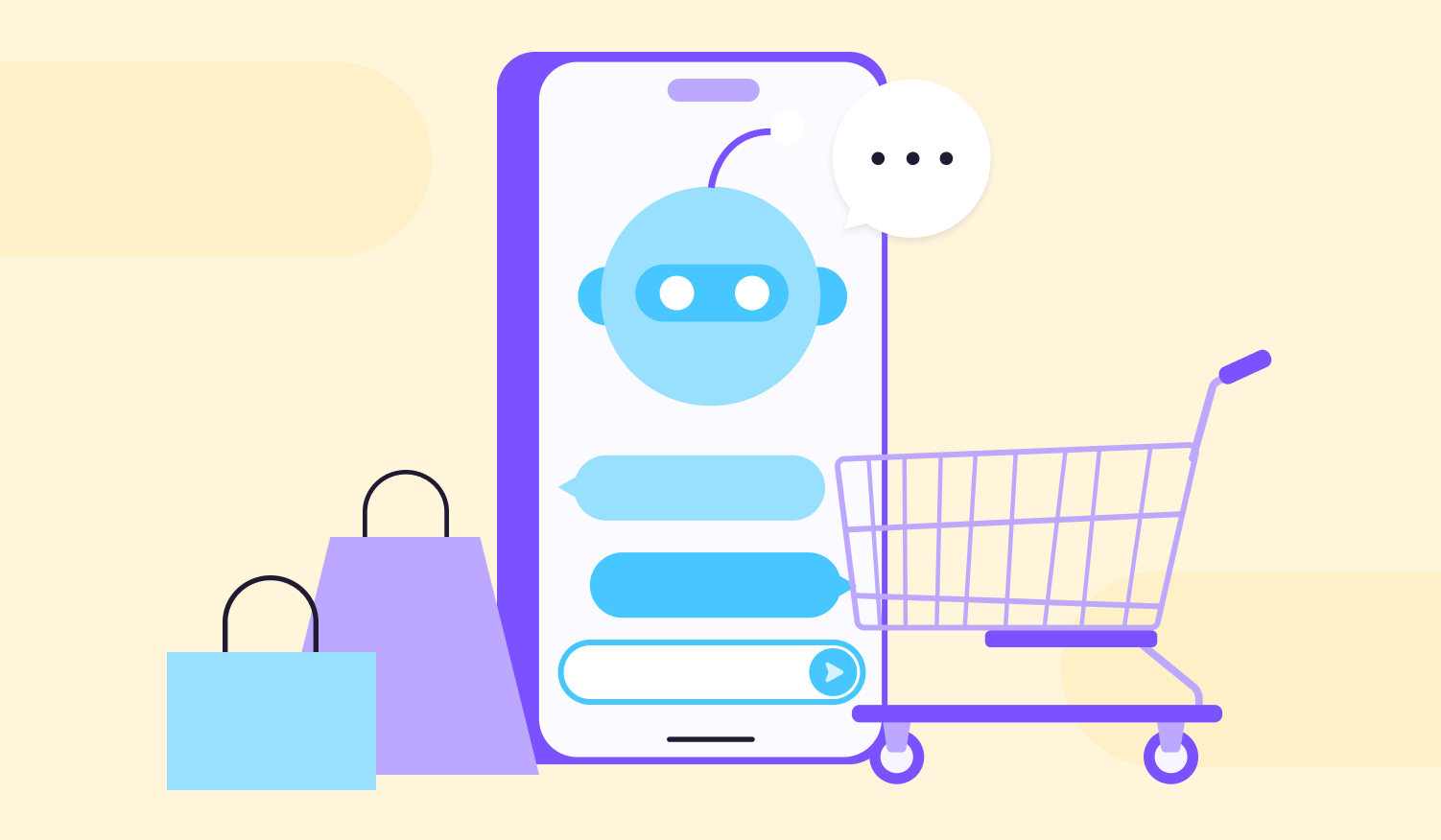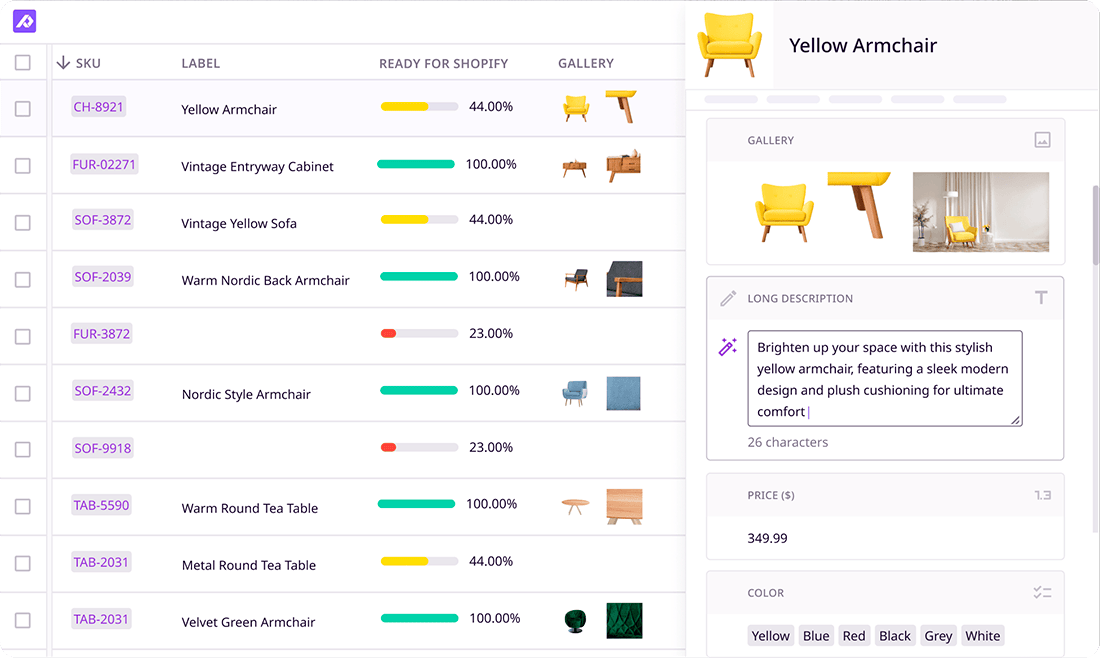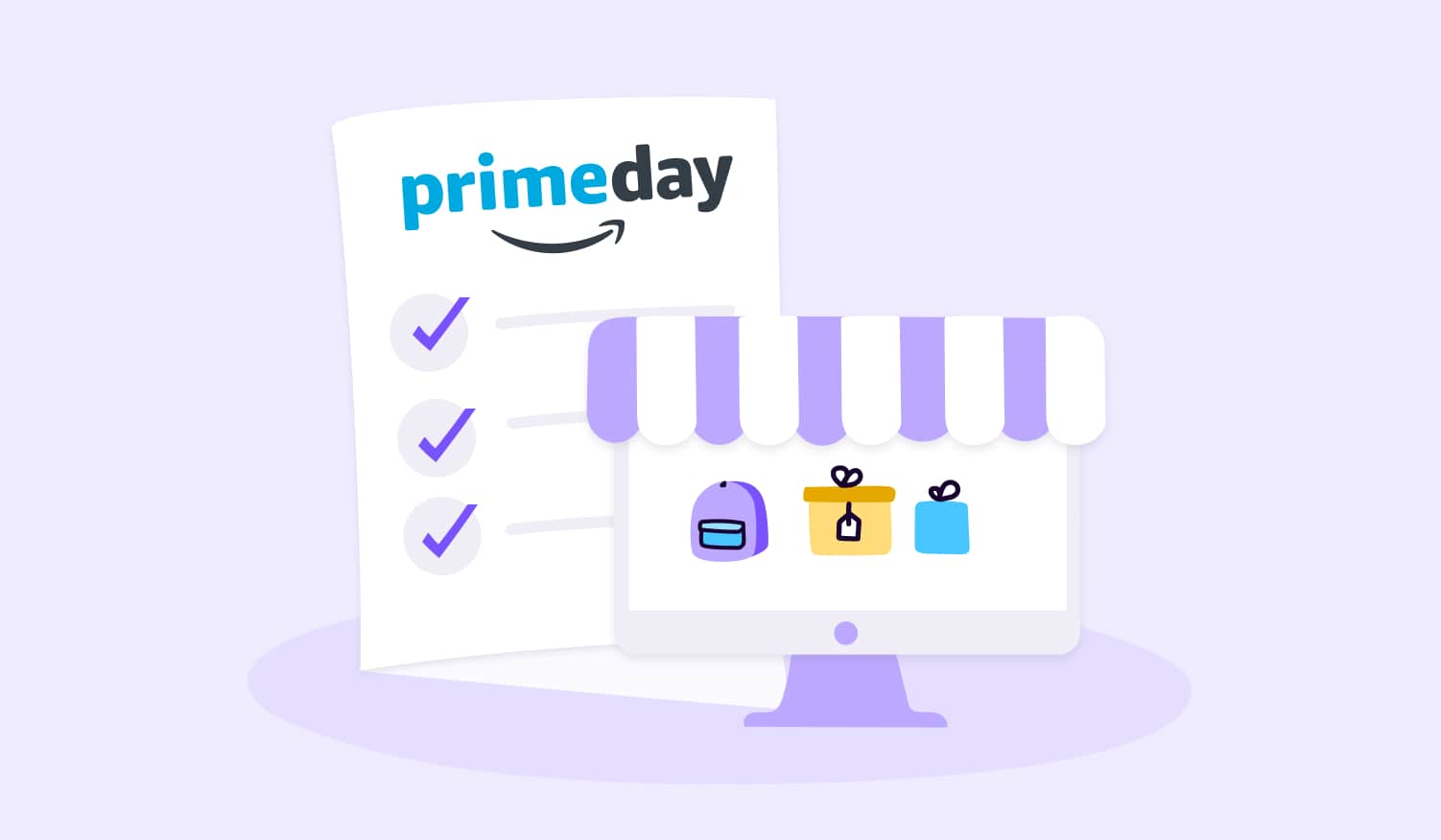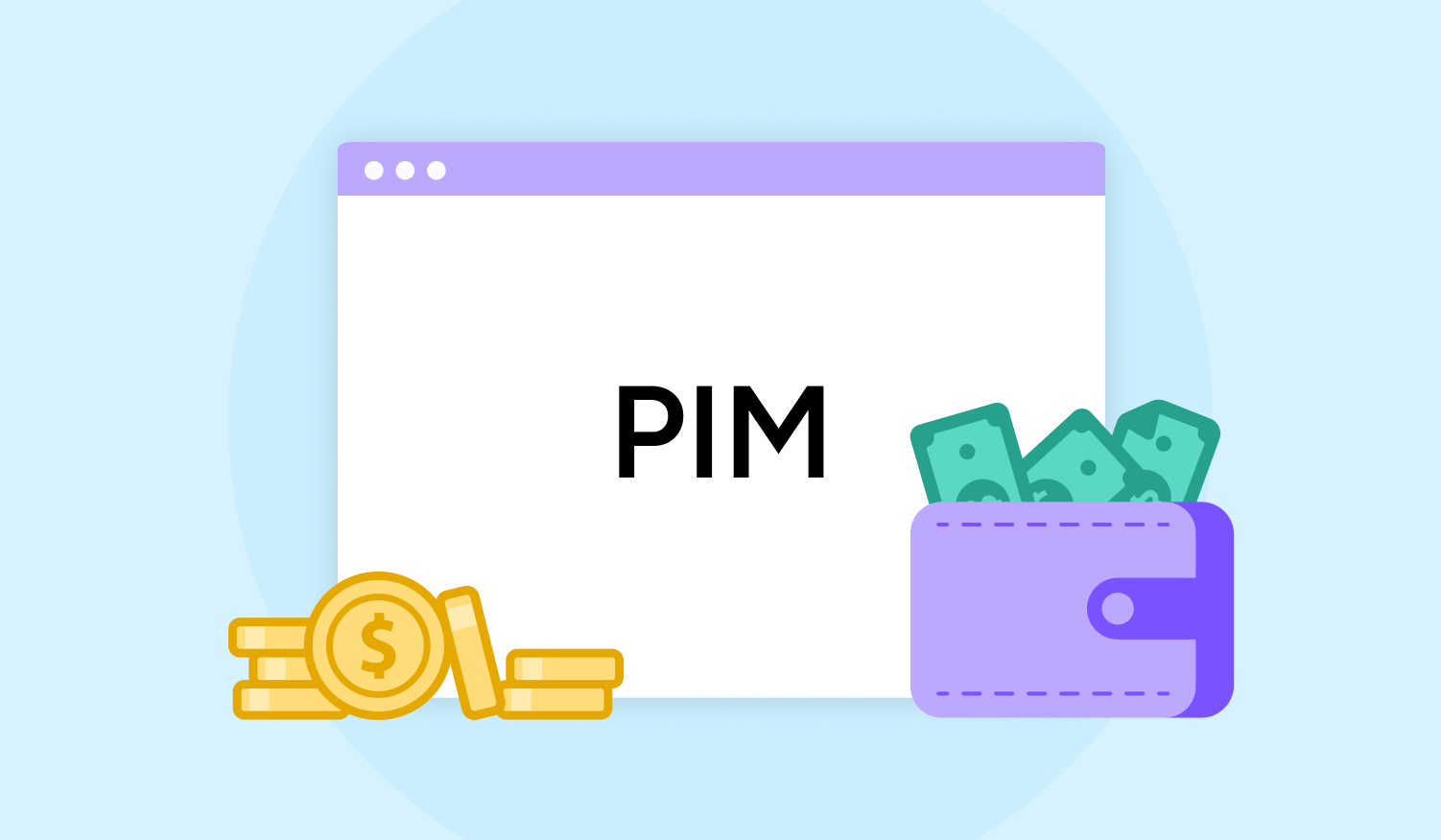AI Agents Are About To Go Shopping for You

Keep the good stuff coming
Subscribe to our blog newsletter and get monthly content that helps you manage product data smarter.
No spam. Just real value.
So, Google—yes, that Google, the one that's answered everything from trivia to 2 am product comparisons—has just announced that they're going to start shopping for you.
And look, I know what you're thinking: "I like shopping! It's the only time I feel alive in this crazy world!" Well, tough luck Karen, because Google has decided that you’re doing it wrong.
At Google I/O 2025—which, for those unfamiliar, is basically Comic-Con for people who nerd out over API documentation—they unveiled something called "Agentic Commerce." And yes, that's a real term. I added it as an agenda point at our last board meeting, and nobody even flinched.
What is this madness?
Let me break it down for you in terms even I can understand. There are two major updates that I want to focus on today.
AI Assistant Mode: Basically, in the not-so-distant future, people will say,
“Remember when you had to actually visit websites? How cute and delightfully medieval of you!”
With AI Assistant Mode, you can just have a conversation with your AI agent, and it will do your shopping on your behalf. Basically, you won’t even know what web store you’re buying from anymore.
Agentic Checkout: This one is a bit scary. Especially for people like me who somehow end up shopping at 2 am when they should probably just be sleeping.
Here's an actual example: Say you want to buy the Osprey Poco Light Baby Carrier—and yes, that's a real product name, even though it sounds like it was assembled by throwing Scrabble tiles all over the floor. It's currently $135, but you're frugal (no judgment—I am too), so you tell Google, "Buy this for me if it ever drops below $100."
And then—AND THEN—Google just... does it. Months later. Long after you’ve forgotten it existed. Next thing you know, a baby carrier shows up at your door—and now you're stuck explaining to your partner why you somehow have two, even though you just said, “I honestly can’t think of anything else I want for my birthday.”

My 4 predictions for the next 24 months
So, how will this change ecommerce, you ask? Well, I honestly don’t know, but here’s what my gut tells me:
1. There will be a lot less "just browsing, thanks"
I believe that by 2027, more than 60% of purchases in certain verticals will be made by AI agents. That's not hyperbole—that's me, actually me, being very conservative. We're heading toward a world where "window shopping" will be as antiquated as looking at physical maps on road trips.
Now, I’m not saying that classical “window-shopping” will go away entirely for certain verticals. I believe that the two shopping methods will co-exist in perfect harmony for a good while, and personally, I find that exciting.

2. The rise of D2C
So, here's the thing about agentic commerce that should terrify every traditional reseller:
For decades, brands needed resellers because how else was anyone going to discover your revolutionary toilet brush in a world of infinite toilet brushes?
Resellers provided shelf space and that magical thing called "discoverability." But here's what's disruptive about agentic commerce: AI agents don't browse—they search with surgical precision.
Suddenly, that artisanal soap company doesn't need to fight for shelf space at Target because the AI agent will find them directly. The brand keeps its full margin instead of handing half to a retail middleman, and they own the customer relationship from first click to repeat purchase.
3. A welcome break for SMBs—yay 🎉
And here's where it gets interesting—and I say this as someone who's spent years trying to help small businesses compete with the big corps: this could actually level the playing field and help the little guys!
Think about it: If AI is making decisions based purely on product specs and value—not on who spent $50 million on Super Bowl ads—then suddenly, that small company making genuinely better products might actually win. It's democracy, but for shopping! And only slightly dystopian!
4. The great product information gold rush
Okay, here's where I get to be a shameless corporate shill for a moment—but bear with me, because this is actually important: In this brave new world, your product data isn't just important—it's everything.
When AI agents are making purchasing decisions for millions of people, what are they looking at? Not your fancy website. Not your hilarious Twitter account.
It's looking at your product specifications, your images, your pricing, your inventory data.
It's looking at whether you bothered to fill out the sustainability field!
When writing product content for Agentic Commerce, it is important to know that our AI overlords actually prefer devastatingly accurate product information and very specific product use-cases.

The uncomfortable truth
The most successful ecommerce companies of the next decade won't be the ones with the best websites or the biggest marketing budgets. They'll be the ones whose product information is so comprehensive, so accurate, and so well-structured that AI systems consistently choose them over competitors.
It's not about being pretty anymore. It's about being right. It's about having your product data so organized that even Marie Kondo would shed a tear of joy.
So, what should you do with this information?
Look, I run a product information management company. Of course, I'm going to tell you that product data matters. It's like asking a dentist if you should floss—the answer is always yes, but you’re probably not doing it enough.
But here's the thing: This isn't just me trying to sell you something (though yes, we do offer a lovely free consultation at plytix.com—wink wink, nudge nudge). This is me, as someone who's written multiple books about retail with titles too embarrassing to repeat here, telling you that the game has fundamentally changed.
Morten Poulsen
Morten Poulsen is the CEO and founder at Plytix, a Product Information Management software company focused on helping SMBs compete in a world stacked against them. He brings years of experience in PIM, marketing, and ecommerce tech.

What if your product data actually worked for you?
We’ll show you how Plytix helps you stop fixing data—and start using it.
Related posts
Keep the good stuff coming
Subscribe to our blog newsletter and get monthly content that helps you manage product data smarter.
No spam. Just real value.



Think others should see this?
Go ahead and share it.